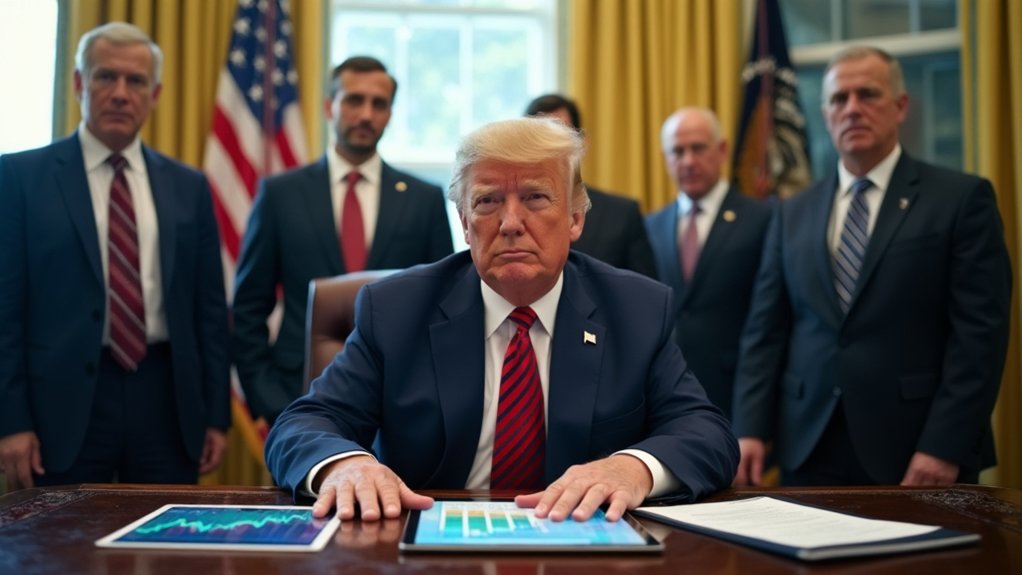How often does Congress manage to pass meaningful financial legislation without drowning it in unrelated political theater?
The Senate’s June 17, 2025 passage of the GENIUS Act—achieving a decisive 68-30 vote—suggests that occasionally, lawmakers can resist the urge to weaponize otherwise sensible regulation with poison pill amendments.
The Guiding and Establishing National Innovation for U.S. Stablecoins Act represents the first thorough federal framework for stablecoin regulation, establishing national standards that promise to eliminate the current patchwork of state-level requirements that have plagued digital asset companies.
Rather remarkably, the bill survived legislative negotiations without the credit card rate caps and interchange fee mandates that typically transform financial reform into political football.
Credit unions and financial industry stakeholders successfully lobbied against amendments that would have capped credit card interest rates at 10% and imposed interchange fee restrictions—provisions that would have likely torpedoed bipartisan support faster than a crypto market flash crash.
The exclusion of these contentious measures allowed the legislation to focus exclusively on its core mission: creating regulatory clarity for stablecoin issuance and operation.
The Act’s passage provides financial institutions with the regulatory certainty they’ve desperately needed to confidently offer stablecoin services.
By establishing federal oversight, it eliminates the compliance nightmare of managing fifty different state regulatory frameworks—a burden that has historically favored larger institutions with extensive legal departments over smaller competitors.
This regulatory clarity aligns with the broader industry shift from speculation to tangible utility as stablecoins expand their practical applications.
America’s Credit Unions, which vigorously opposed the excluded amendments, now positions itself to serve members within the new stablecoin framework, highlighting how regulatory clarity can transform industry opposition into cautious optimism.
The bipartisan legislation emerged from extensive consultations with industry experts, government officials, and stakeholders throughout the development process.
The legislation arrives amid broader crypto policy developments, including the House Financial Services Committee’s work on the related STABLE Act and the SEC’s withdrawal of fourteen proposed rules affecting custody standards.
Representative Tim Burchett’s concurrent introduction of Strategic Bitcoin Reserve legislation signals Washington’s growing recognition that digital assets require thoughtful regulation rather than reflexive prohibition.
The GENIUS Act now advances to the House, where its clean structure—unburdened by extraneous political provisions—positions it favorably for passage, potentially establishing America’s first coherent stablecoin regulatory framework.
The legislation includes provisions for state regulation of smaller issuers with assets under $10 billion, creating a tiered approach to oversight that balances federal standards with localized compliance requirements.









